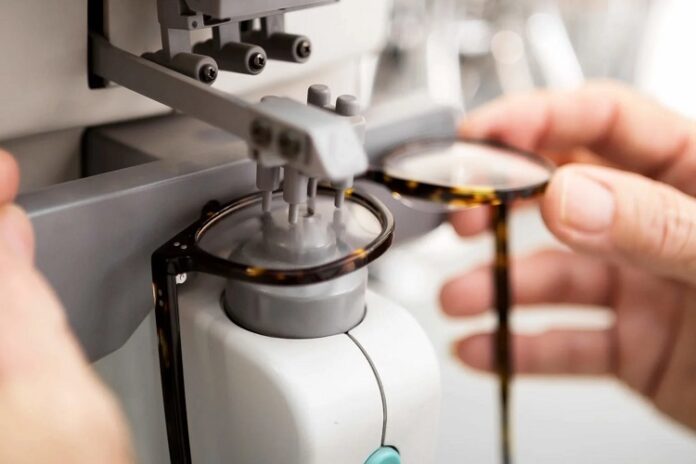Eye care specialists are experts in treating certain ocular disorders. They can deliver clear and pleasant vision for difficult-to-fit contact lens patients using modern technology and procedures. If you’ve had problems with conventional contact lenses, it’s best to see a contact lens specialist edgewater for better results.
Table of Contents
When is a contact lens specialist needed?
Conditions such as keratoconus, excessive astigmatism, a sensitive cornea, or dry eye syndrome may necessitate the knowledge of a contact lens specialist if you feel discomfort or pain while using regular contact lenses. Consult an eye specialist in your area for specialized lenses that will increase your comfort and visual clarity.
What are some contact lens exams?
Contact lens tests are specialized eye exams that evaluate the unique requirements for using contact lenses while also assuring optimal vision correction. It is advised for anyone who wishes to attempt or is already using contacts and should be done once a year. Regular eye exams focus on overall eye health, screening for eye disorders, visual field, and color vision tests, visual acuity testing, and determining a prescription through a refraction test.
Contact lens exams are comparable to conventional eye exams, but they contain extra tests to analyze your corneal surface, measure your pupil and iris size, and check for dry eyes using LipiScan. Based on the test findings, the Precision Eye Institute team equips you with trial contact lenses to ensure accurate fit and comfort. After a trial period, you can order your new contact lenses for long-term usage.
What are the types of lenses?
During contact lens exams, contact lens experts provide a wide choice of contact lenses, including soft and hard lenses. Soft lenses are available in a variety of shapes and sizes, while hard lenses offer better vision and durability. Toric lenses are offered for those who have astigmatism. Because multifocal lenses integrate various prescriptions into one lens, they eliminate the need for reading glasses.
Final thoughts:
Contact lenses provide several advantages, including a natural appearance, unobstructed vision, focused viewing, lightweight and comfortable wear, fog resistance, a youthful appearance, compatibility with wraparound sunglasses for full UV protection, clear vision without blurring, and protection against UV radiation and pollutants. If you are considering wearing contact lenses, it would be best for you to consult a contact lens specialist in Edgewater. Reach out to a specialist today at Edgewater to learn more about your options.











